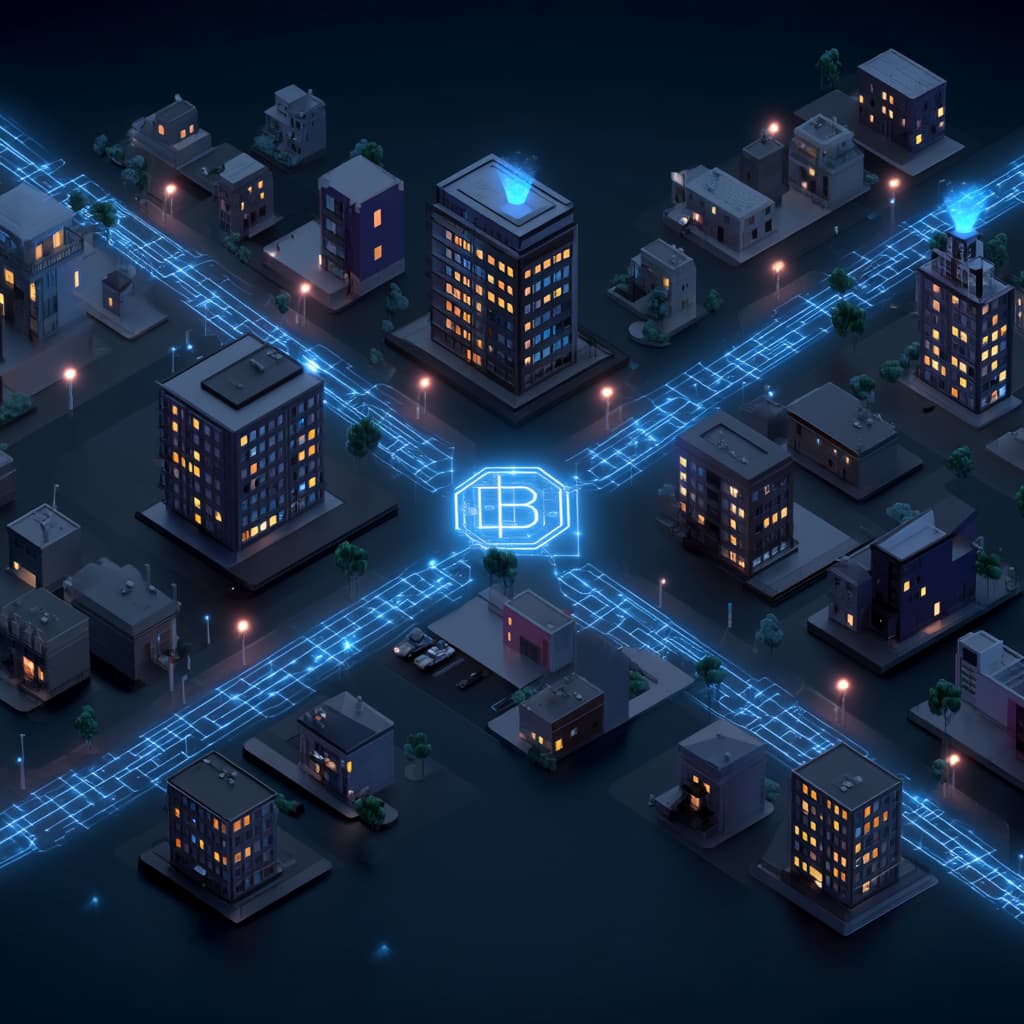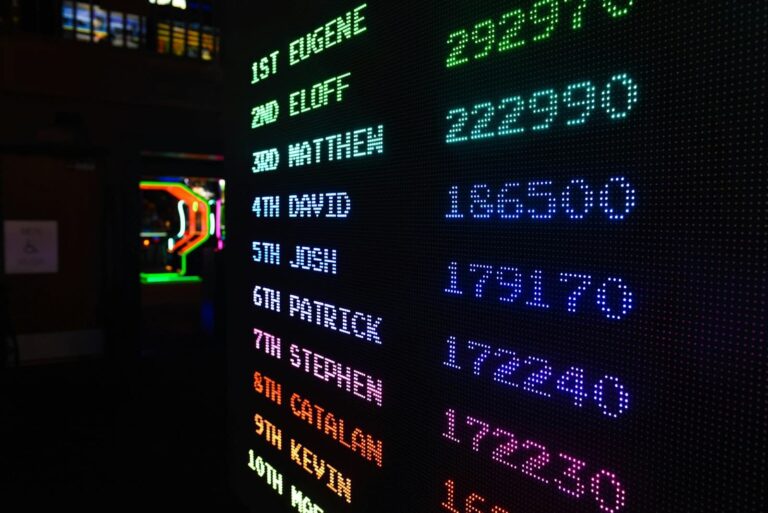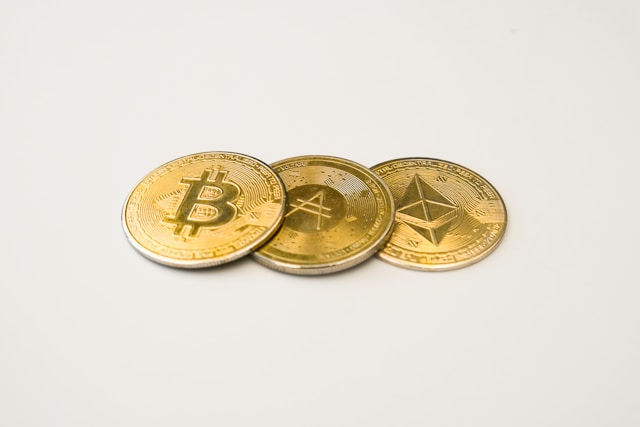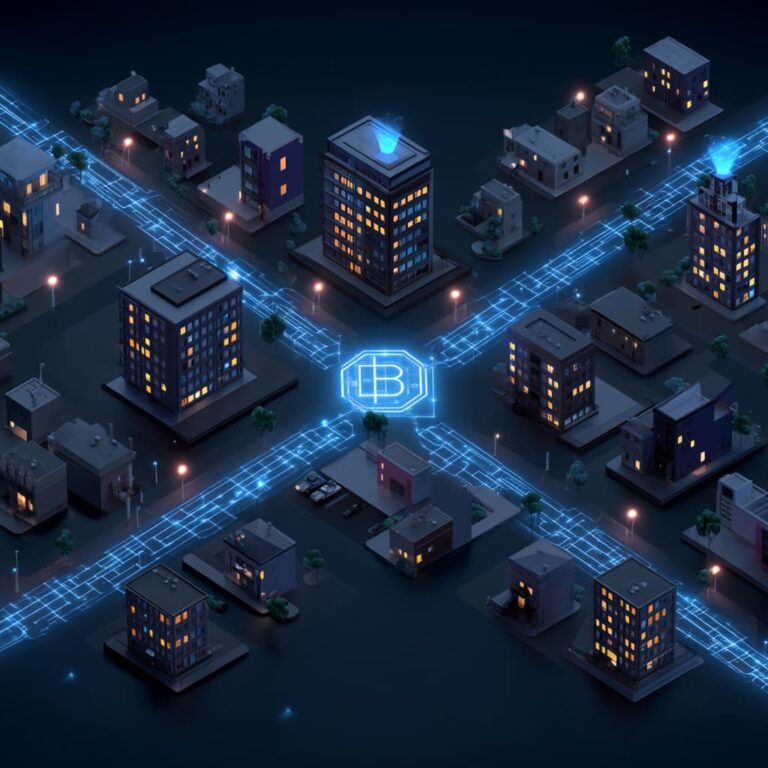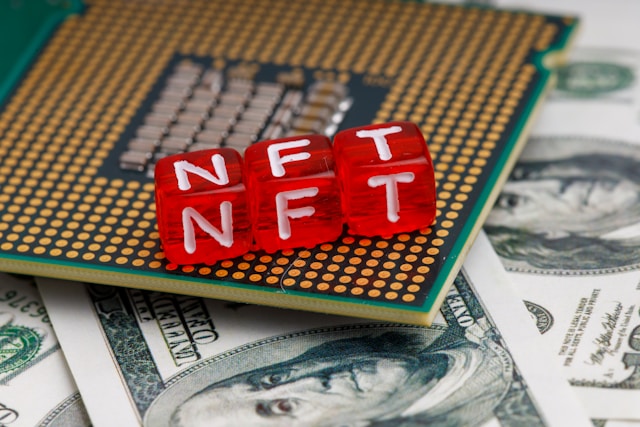The digital gaming world has long been characterized by a paradox: players invest time, money, and creativity into acquiring virtual items, yet real ownership of these assets has remained elusive. Historically, game developers have retained ultimate authority over every sword, skin, and collectible, leaving players without genuine rights to their digital property.
Today, blockchain technology is challenging this legacy. By decentralizing asset management and enabling immutable proof of ownership, blockchain introduces a transformative model where gamers can finally claim full control over their achievements. This evolution is set to redefine not only how we play but how we value our digital experiences.
Shifting Power: From Platform-Dependent Assets to Player Sovereignty
Traditionally, items acquired in video games have been stored on centralized servers, effectively tying players’ possessions to the fate of the game itself. Even premium content, purchased for real money, could vanish if a service shut down or a policy changed.
Blockchain disrupts this dependency. Using cryptographic principles and distributed ledgers, digital assets are tokenized into non-fungible tokens (NFTs) — unique, verifiable, and owned entirely by the player. Once minted on the blockchain, these assets become independent of any single company’s control, giving players unprecedented autonomy.
No longer are players at the mercy of developers; ownership is secured, transferable, and permanent.
Digital Items with Tangible Value
One of the most profound impacts of blockchain in gaming is the creation of true market economies around digital assets. By ensuring scarcity, authenticity, and tradability, blockchain endows virtual goods with real-world monetary value.
Players can now:
- Trade assets across decentralized marketplaces without intermediaries.
- Buy, sell, and auction rare items in global environments.
- Treat in-game achievements as investment opportunities, where rarity and provenance matter.
In blockchain-powered ecosystems like Fishbank, players engage in competitive gameplay while simultaneously cultivating valuable NFT collections. Their digital assets, whether for battle or exhibition, can be freely exchanged, making gaming not just a pastime but a genuine avenue for earning and investment.
This economic empowerment fundamentally changes player motivation and engagement, blending entertainment with entrepreneurial potential.
Toward a Borderless Gaming Experience: Interoperability
An exciting frontier enabled by blockchain is cross-game asset mobility. Currently, digital possessions are confined within isolated gaming ecosystems. Blockchain opens the door to interoperability — a model where players could move their assets between different games and virtual worlds.
Imagine a scenario where an armor set acquired in a fantasy RPG is also recognized and usable in a sci-fi adventure game. Or where an NFT character could travel between multiple metaverse platforms without losing its attributes or value.
While technical and creative challenges remain, interoperability promises to dissolve the silos that currently fragment players’ digital identities, enabling seamless and richer experiences across the gaming universe.
Redefining the Developer-Player Relationship
The decentralization of digital ownership not only benefits players but also transforms how developers engage with their audiences.
For players, blockchain offers:
- Full control over their earned and purchased assets.
- Opportunities to monetize their gaming achievements.
- The possibility to participate in governance through decentralized platforms.
For developers, the blockchain model enables:
- New revenue channels, such as transaction fees on secondary markets.
- The fostering of community-driven ecosystems.
- Incentives for supporting player-created content, expanding game universes organically.
This shift fosters a more balanced, symbiotic relationship where both parties contribute to and benefit from the success of a game’s ecosystem.
Addressing the Challenges Ahead
Despite its promise, blockchain-based gaming must overcome several hurdles before realizing widespread adoption:
- Scalability: Infrastructure must evolve to handle mass adoption without high costs or slow transaction speeds.
- Environmental Impact: Although advances like proof-of-stake mechanisms reduce carbon footprints, sustainability remains a focus.
- User Accessibility: Simplifying the onboarding process — from wallet setup to asset management — is crucial for mainstream players.
- Regulatory Frameworks: Clarifying legal definitions for digital assets will be critical for the legitimacy and stability of blockchain gaming.
Leading projects are proactively addressing these concerns, prioritizing user experience and environmentally conscious solutions to ensure a responsible future for the industry.
Conclusion: A New Paradigm for Digital Ownership
Blockchain is not simply enhancing existing gaming systems; it is architecting a new foundation for digital interaction. It empowers players to take genuine ownership of their achievements, to move assets freely between worlds, and to extract real value from their time and creativity.
In this new paradigm, players will no longer fear losing hard-earned rewards to company closures or policy changes. Instead, their virtual successes — stored immutably on decentralized networks — will become lasting assets that can grow, evolve, and accompany them across diverse experiences.
The future of gaming belongs to the players, not the platforms. And through blockchain, ownership, creativity, and freedom are finally becoming the cornerstones of the next generation of interactive entertainment.

